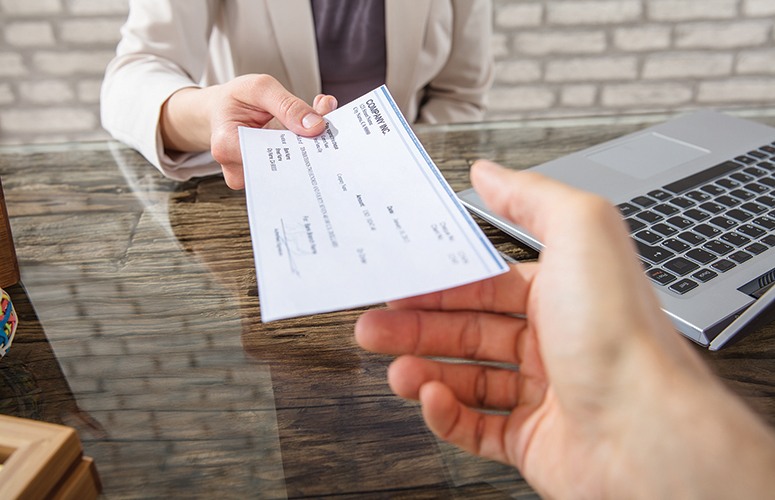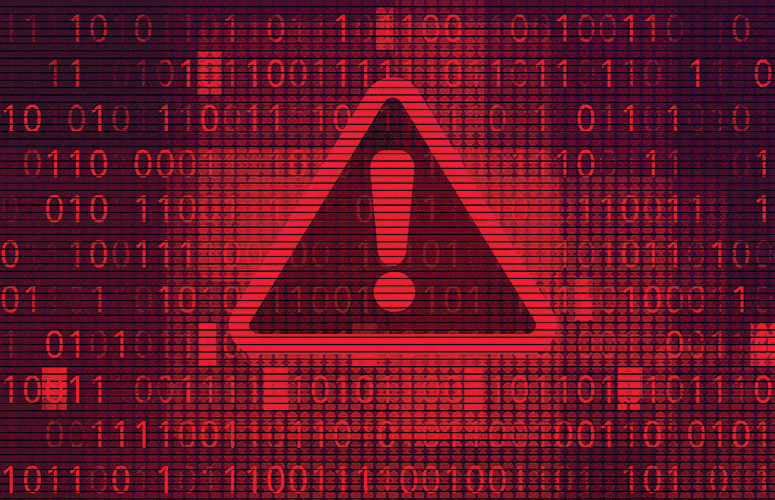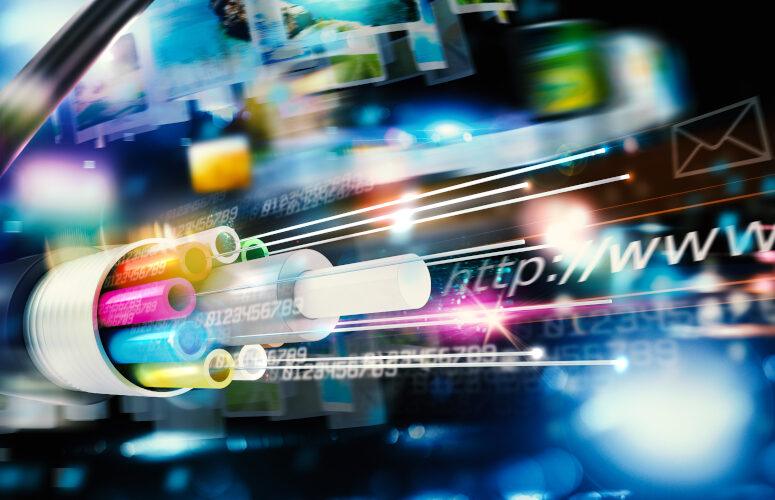
NJCPA: How Best to Use Coronavirus Stimulus Checks
On Apr 15, 2020As stimulus checks related to the coronavirus pandemic begin to arrive this week, Roseland-based New Jersey Society of Certified Public Accountants (NJCPA) informs taxpayers who are eligible to receive the Economic Impact Payment that there are several ways to spend those payments to keep on sound footing during these uncertain times.
The Internal Revenue Service (IRS) determined the payments based on taxpayers’ 2019 tax returns or on their 2018 returns if they did not file their 2019 return yet. The IRS checks consist of up to $2,400 for married couples filing jointly (begins to phase out at an adjusted gross income of $150,000); up to $1,200 for individuals (begins to phase out at an adjusted gross income of $75,000); and $500 per child for parents with children under the age of 17. For those who are not required to file a tax return, the IRS has an online form to register for an economic impact payment.
CPA experts say the most effective ways to spend the payments include the following:
- Pay essential expenses
If a taxpayer is in a position where his or her current income isn’t enough to pay monthly bills including food and medication, then the payment is best used to help with that first. Be strategic with which bills to pay, taking into account the temporary relief available for things like federally backed mortgages (including FHA loans) and federal student loans – where payments may be able to be skipped without hurting credit. If a taxpayer is in financial distress and mortgage payments are not relieved under the various laws passed, then the payment may best be used to keep a roof over one’s head so pay that bill first.If a taxpayer is able to take care of housing payments, but doesn’t have enough to pay other bills, then the payment should be used for other essential expenses such as a car payment or utilities (most local governments are not allowing utilities to shut off service right now, but best to stay caught up).
Take a look at all upcoming bills and figure out which ones would hurt credit and future finances the most by skipping a payment, and consider using the payment for those bills if there would be excessive interest or fees or a balloon payment due later this year. Finally, if a taxpayer has to skip a payment or make a late payment, make sure the company is contacted first. If not able to get through on the phone, document the attempt and send something in writing. It could take a while for everything to get worked out, but it’s best to record attempts to follow the rules to avoid future issues.
- Boost emergency funds
Many people are still able to pay their basic bills for now but may be worried about a future loss of income if the U.S. heads into a more extended recession. If taxpayers don’t have a fully funded emergency fund (at least three to six months of expenses, depending on how easy it would be to find work if laid off), they should consider saving the stimulus payment to possibly offset future expenses. - Pay down high-interest debt
If taxpayers have enough in savings to sustain them through a potential job loss, but still have higher-interest debt such as credit cards or private student loans, the payment would have the most impact paying this down faster. And, even if a taxpayer has debt with lower interest rates but sufficient savings, they should consider paying off that debt as well. Often, taxpayers are paying more interest on debt than any interest they would receive in a savings account, so, financially speaking, paying off debt is often wise. - Fund a retirement plan or a Health Savings Account (HSA)
If all of the above boxes are checked, taxpayers might use the stimulus check to put money aside for retirement or medical expenses, if eligible. The extension of the federal tax filing and payment deadline to July 15, 2020, also extends the amount of time to make contributions to IRAs and HSAs for 2019. Additionally, many taxpayers can make contributions to their company’s 401(k) programs (some even provide company matches). Plus, many savings vehicles allow for tax deferrals or deductions. - Contribute to charity
For those taxpayers who are fortunate enough to be able to pay their bills and maintain a sufficient emergency fund, they may wish to consider donating some or all of their stimulus check to a local food bank or other charity.
On April 11, the IRS said it had begun making deposits directly into taxpayers’ bank accounts and will continue to do so over the coming weeks. For those taxpayers who did not supply direct deposit information to the IRS, they will mail paper checks beginning in May.
The IRS has provided answers to frequently asked questions about the economic impact payments.
To access more business news, visit NJB News Now.
Related Articles:





